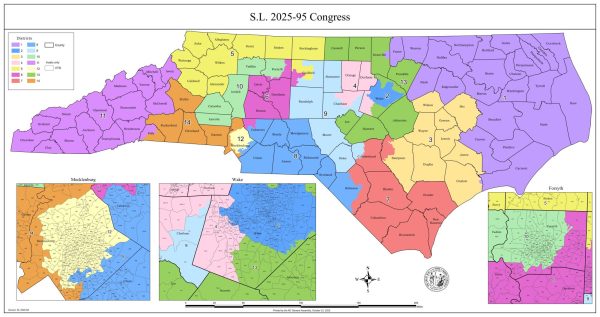UNCW adds two new STEM programs in the computer science department
The UNC board of governors approved the addition of two new Bachelor of Science programs at UNCW in cybersecurity and intelligent systems engineering. The undergraduate degrees will be the first of their kind across the UNC system and are slated to begin in the fall of 2022.
Per a UNCW news release, the intelligent systems engineering program will teach students to build smart technology in a range of sectors, including agriculture, medicine, transportation and government.
The cybersecurity program will fill a need for thousands of cybersecurity jobs in the workforce and train individuals to counteract cyberattacks on companies and governments.
“Cyberattacks on our computing systems continue to threaten our personal security, government operations and professional activities,” said Provost James Winebrake in the release. “This degree will provide North Carolina and the nation with necessary interdisciplinary and well-educated graduates who can address cybersecurity issues holistically.”
This addition comes in the wake of the May cyberattack on the Colonial Pipeline, which shortened gas supply to southeastern North Carolina.
The cybersecurity degree is the next step in a line of cybersecurity projects at UNCW.
In 2020, UNCW and Cape Fear Community College were awarded a $196,782 grant from the Department of Defense Cyber Scholarship Program to develop the UNCW–CFCC Collaborative Cybersecurity Apprenticeship Program. Also last year, the university received funding for CyberStart, a national program designed to provide cybersecurity training to students.
The bachelor’s degree in cybersecurity is offered by the Department of Computer Science within the College of Arts and Sciences and the Congdon School of Supply Chain, Business Analytics and Information Systems within the Cameron School of Business. Professor Ulku Clark will be the program coordinator. The intelligent systems engineering program is offered by the Department of Computer Science and will be coordinated by professor Karl Ricanek.








